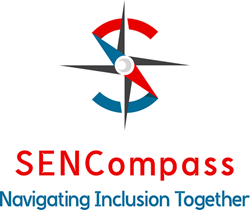Echoing the late Rita Pearson, we strongly believe that every child needs a champion and deserves an adult that will not give up on them.
Navigating SEN processes and accessing the right provision for children and young people who have or may have SEN needn't and shouldn't be difficult.
We make it our mission to equip young people, families and professionals with the tools to understand the rights, the systems and the processes to enable them to successfully advocate for and support children and young people with SEN.
Local authorities must ensure that children, young people and parents are provided with the information, advice and support necessary to enable them to participate in discussions and decisions about their support. This should include information on their rights and entitlements in accessible formats and time to prepare for discussions and meetings.
If children and young people with SEN or disabilities are to achieve their ambitions and the best possible educational and other outcomes, including getting a job and living as independently as possible, local education, health and social care services should work together to ensure they get the right support.
Special educational provision is underpinned by high quality teaching and is compromised by anything less.
As part of its commitments under articles 7 and 24 of the United Nations Convention of the Rights of Persons with Disabilities, the UK Government is committed to inclusive education of disabled children and young people and the progressive removal of barriers to learning and participation in mainstream education.
In practical situations in everyday settings, the best early years settings, schools and colleges do what is necessary to enable children and young people to develop, learn, participate and achieve the best possible outcomes irrespective of whether that is through reasonable adjustments for a disabled child or young person or special educational provision for a child or young person with SEN.
